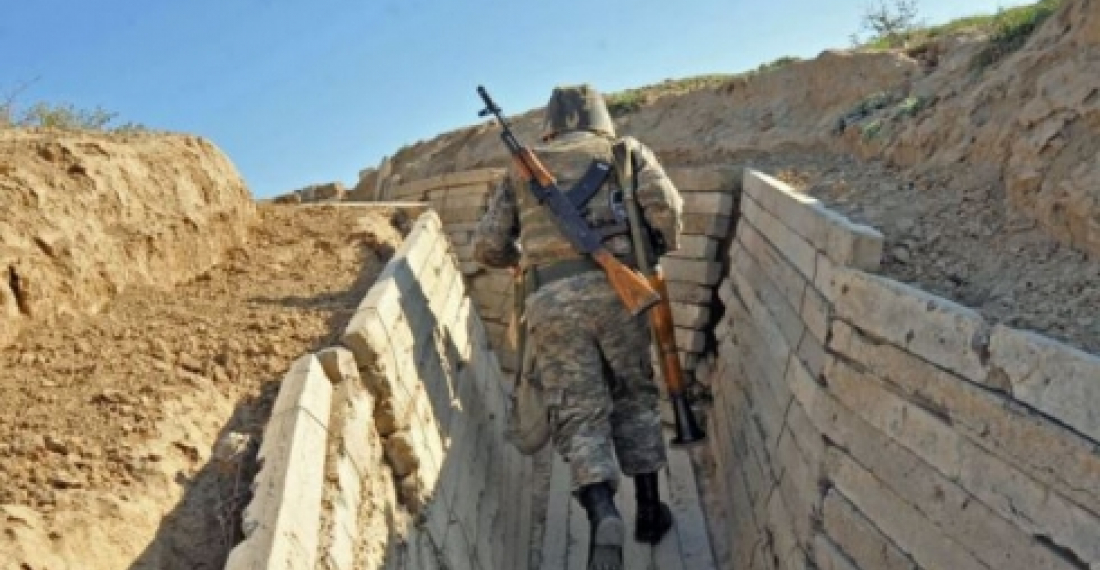(Updated) Armenian and Azerbaijani sources have reported a serious incident on the front line separating their forces in the Nagorno-Karabakh conflict zone early on Wednesday morning (28 May). Both sides are claiming that they had repulsed an attempt by the other side to infiltrate across the line of contact.
According to the Armenian version, a conscript soldier from Nagorno-Karabkh, 19 year old Erik Gasparyan was killed in the incident. The sources say that at least two Azerbaijani soldiers were also killed when the attack was repulsed by Armenian forces of the self declared Nagorno-Karabakh Republic. Reporting what was very likely the same incident, Azerbaijani sources said that an Azerbaijani 32-year-old officer of the Azerbaijani Armed Forces Fikret Mammadov died whilst repulsing an Armenian attempt to infiltrate across the line of contact. Two other Azerbaijani soldiers are reported injured in the incident. The sources also said that a 23 year old soldier, Farhad Abilov Khudaverdi was killed by sniper fire.
Commonspace.eu has no means of verifying the accuracy of these reports but the casualties indicate that the incident was serious.
The two sides have in the last days marked the 20th anniversary of the cease fire that was supposed to end hostilities between them pending the negotiations of a peace agreement. Efforts to resolve the conflict over the last two decades have however failed. Similar incidents like the one of today occur regularly, and the number of casualties is increasing.
The cease fire is unsupervised, and a handful of OSCE officials monitor the front line occasionally, but they have first to secure the agreement of the two sides.
source: commonspace.eu with agencies.







